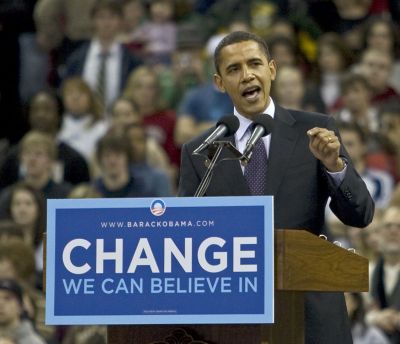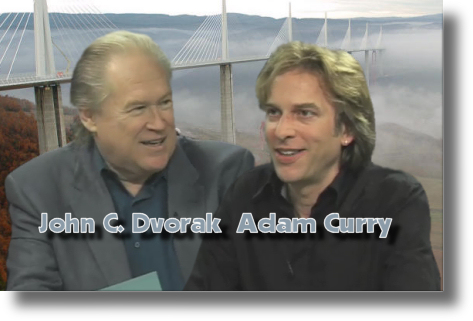 |
In Obama, many see an end to the baby boomer era
When George W. Bush lifts off in his helicopter on Inauguration Day, leaving Washington to make way for Barack Obama, he may not be the only thing disappearing into the horizon.
To a number of social analysts, historians, bloggers and ordinary Americans, Jan. 20 will symbolize the passing of an entire generation: the baby boomer years.
“Obama is one of those people who was raised post-Vietnam and really came of age in the ‘80s,” says Steven Cohen, professor of public administration at Columbia University. “It’s a huge generational change, and a new kind of politics. He’s trying to be a problem-solver by not getting wrapped up in the right-left ideology underlying them.”
It’s been a while since historians spoke of generational change in Washington. Fully 16 years have passed since Bill Clinton, the first boomer president, took office. Before that, presidents from John F. Kennedy to George H.W. Bush — seven straight — were part of the World War II generation, or what Tom Brokaw has termed the “Greatest Generation.”
Obama is “a walking, living prime example of Generation Jones. He’s a classic practical idealist. It’s not the naive idealism of the ‘60s.,” says social commentator Jonathan Pontell.
Now all he has to do is woo the Boomers in Congress. Generation Jones?







 Performing two Google searches from a desktop computer can generate about the same amount of carbon dioxide as boiling a kettle for a cup of tea, according to new research.
Performing two Google searches from a desktop computer can generate about the same amount of carbon dioxide as boiling a kettle for a cup of tea, according to new research.






















